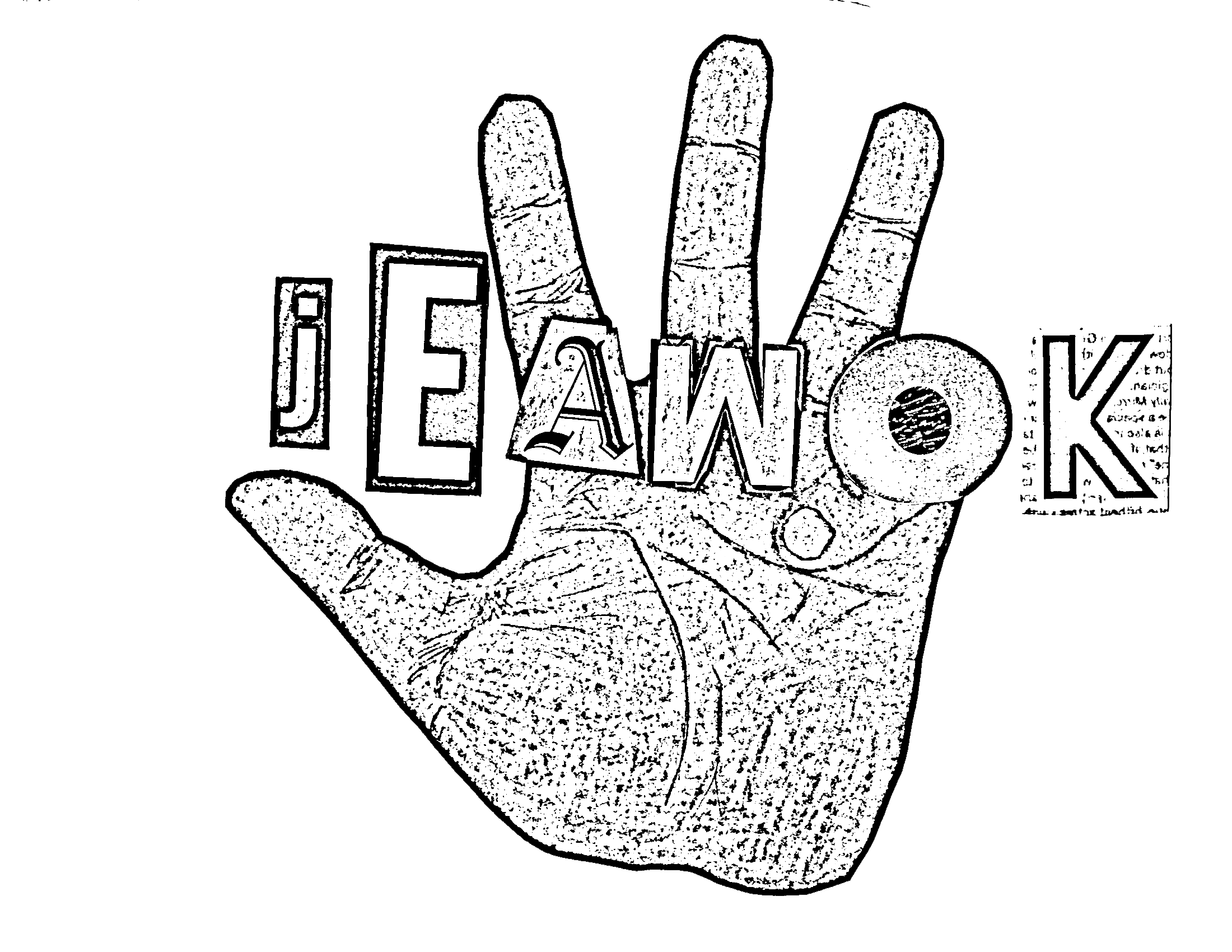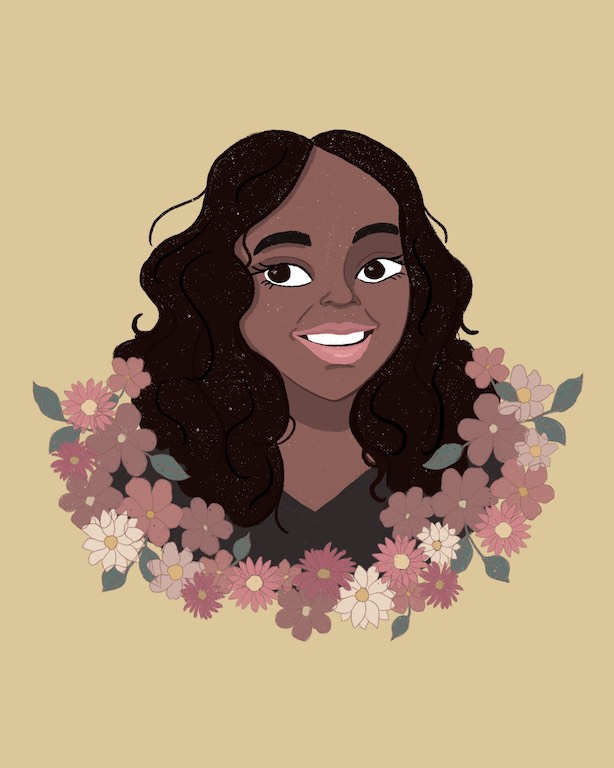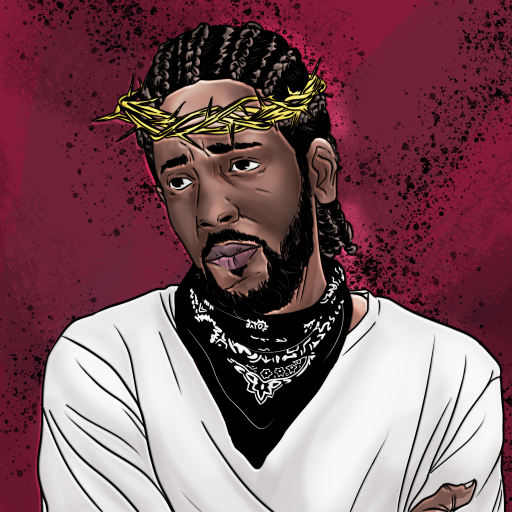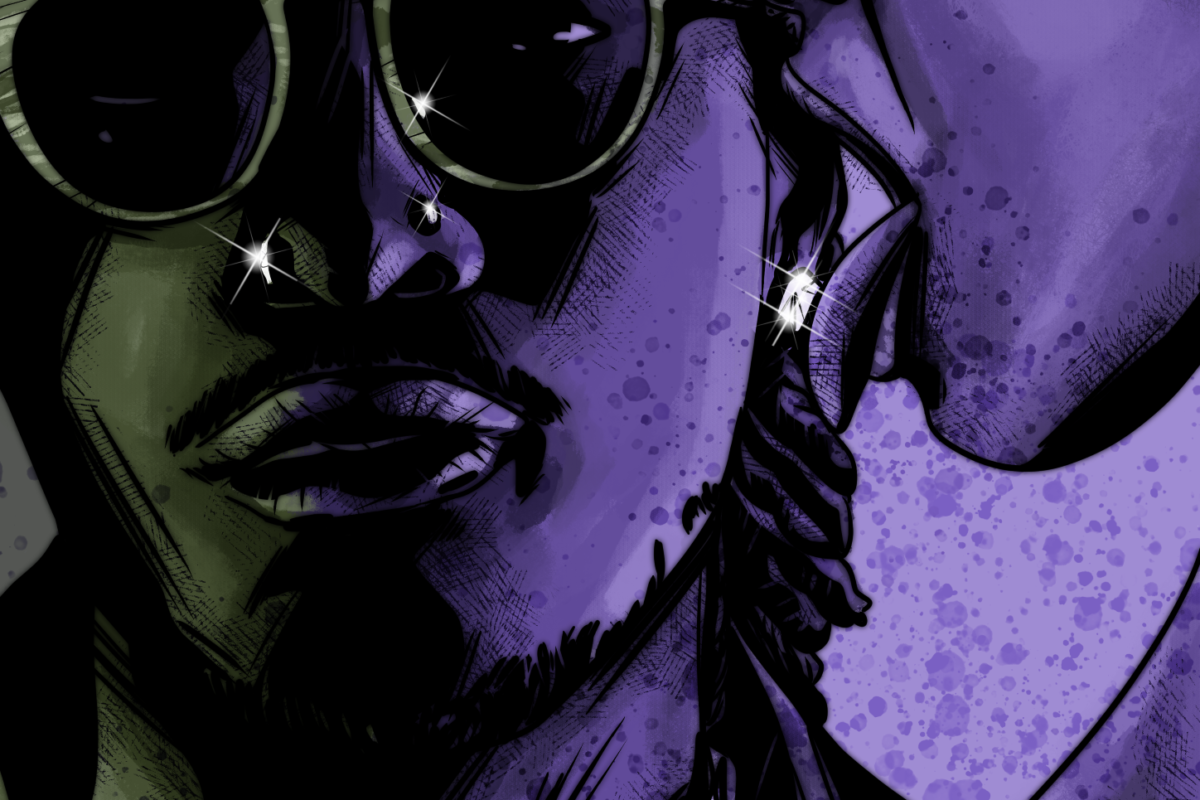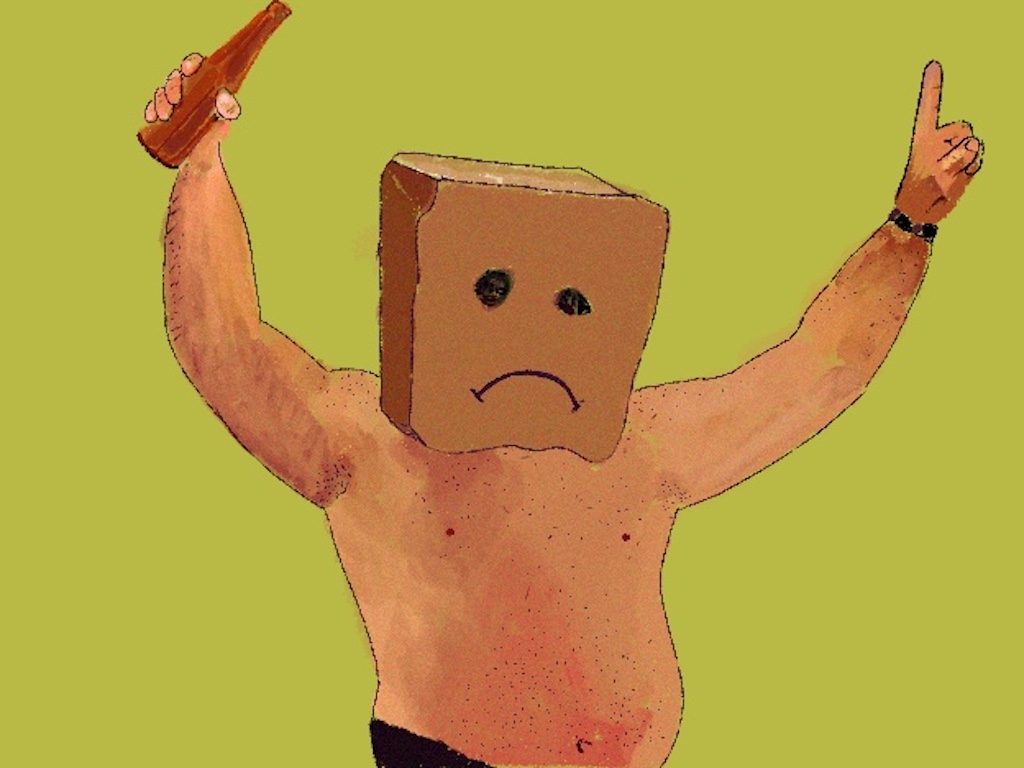Hush Money
It has been more than 187 days since Breonna Taylor was killed by police officers while unarmed in her own bed. None of the officers involved have been found guilty of misconduct in a court of law.
It has been more than 1,532 days since Philando Castile was shot at point blank range, on camera, in front of his family by a police officer. Castile died and the officer involved has not been found guilty of any misconduct in a court of law.
It has been more than 1,617 days since Freddie Gray was ignored in the back of a police escort wagon when he screamed out in pain as his unbuckled-yet-handcuffed body was thrown around. He was dead one week later. None of the officers involved have been found guilty of misconduct in a court of law.
It has been more than 2,250 days since a group of police stood by and watched a colleague choke out and kill Eric Garner for trying to sell a loose cigarette as he pleaded, “I can’t breathe.” Though ruled a homicide, no police officers involved have been found guilty of misconduct in a court of law.
You get the picture.
One thing all of these cases have in common, however, including Ms. Taylor’s very recently, is large civil lawsuits paid to the families of the victims.
A fair first reaction to this, and one I shared, is “Fuck that. We called for justice, not money.” Unfortunately, another thing all of these cases, and the vast majority of similar situations where black Americans were killed by police, have in common, is the fact that no one wearing a uniform was ever convicted of a crime.
Some were fired, almost all developed some enemies, but none were held accountable in a court of law for the crimes which they, in the eyes of their fellow community members, at least, committed. Eric Garner is on film begging for his life while five other men, paid by tax dollars to “protect and serve” watched. And all of them are still members of a society with more imprisoned people than any other country on the planet.
With that in mind, the sad truth is: without the civil settlements, these families would have nothing. No justice, whatsoever, due to a system that was, indeed, aimed to protect the innocent.
Why are They Walking?
One Trump Presidency silver lining is the realization of many that racism is still very prevalent in this country and is an issue that needs to be addressed on a continuous basis if changes are to actually be made. Implicit biases in the United States that are still ingrained in a lot of white America’s brain, such as “black = fear” or “white = safer” (caused by many societal norms such as film, the news, and generational biases passed down from people who, as early as 3 generations ago may have owned slaves).
In the U.S. court system, the charged parties are given a trial in front of “a jury of [their] peers,” and that is the reason so many murderous cops are still earning a living in the United States.
In a country where 1 in 3 black men will see prison time, opposed to 1 in 10 white men; 1 in 3 black children live in poverty as opposed to 1 in 11 white children; black women are 4 times more likely to die during childbirth do to inequalities in healthcare, 1 in 2.5 black adults were furloughed or let go from their jobs in April due to COVID, compared to 1 in 5 white adults; 1 in 4 black children will see their father behind bars at some point, compared to 1 in 20 for white kids; and 80% of black adults who attended college have experienced overt racism in their lives.
With these statistics, and a myriad of other ones displaying racial disparities that exists in plain sight in the United States, but are brushed aside because they don’t affect the white-faced majority very much, it’s fair to say that the term “A jury of your peers” is different for white people than it is for black people.
Those juries are why no real justice has been served in the cases above, and why so many criminal cops continue to roam the streets after killing innocent people. The system works pretty well when prosecuting black men, but it does not when the odds of jurors being biased against black men, or at least for white men, are as high as they are in this country.
Fixable?
Probably not, at least in the short term. Trump didn’t create racism, but he certainly made it seem like it was okay again, and bigots in the United States are coming out of their ironically metaphorical closets (you know, because they are scared of gay and trans people, too) to join their douche brothers and douche sisters promoting white supremacy.
One thing we, as a society, can take from this, is a better understanding of how many of these people still exist in this country that was, indeed, built on murder and slavery. We have made a lot of progress, and no one is denying that, but a government official just kneeled on someone’s neck for eight minutes and forty-six seconds and is still walking the streets of this country because he was a policeman getting his paychecks signed by the same people who are supposed to be prosecuting criminals.
In Ms. Taylor’s case, four criminal cops continue to live life with some level of normalcy, although society should be proud of the infamy they created for these men, regardless of whether it will result in criminal punishment. Actions speak, but they take some time.
Redefining “a jury of your peers” is probably more of a metaphorical fix than an actual fix, but the thought of 8 black Americans determining whether or not a black American was murdered by cops seems a lot more fair given the racial disparities in every single corner of the government in the United States.
This mindset, at least, should be adapted when selecting juries, especially those determining the fate of a black American (look at the disparities in incarceration rates) or those determining the fate of a cop who brutalized a black American (look at disparities in police brutality).
In America, a suburban white child’s peers are quite often other suburban white children. A black child who lives in project housing’s peers are other black children from project housing. These two children simply can’t understand the life of the other, and this builds into adulthood, as well. Simply put, these two theoretical people are not peers. They may be the same age, but their life experiences are too vastly different in America to say they really have anything in common, especially dealings with police or the justice system.
It’s a tough line to toe, as the thought of racially selected juries does indeed bring with the admission that racism is still a determining factor in a lot of Americans’ minds, but the odds of racially biased jurors winding up at a trial with a black defendant, or a white defendant whose victims were black, are simply too high to deem any sort of trial fair for black Americans.
As previously mentioned, Trump is making racism seem acceptable, and a silver lining to that is to counterpunch with legislation that is long overdue in favor of equality for black Americans, especially legislation related to the justice system that has been disproportionally affecting black people since the country claimed to have abolished slavery while really just making it more difficult to see.
